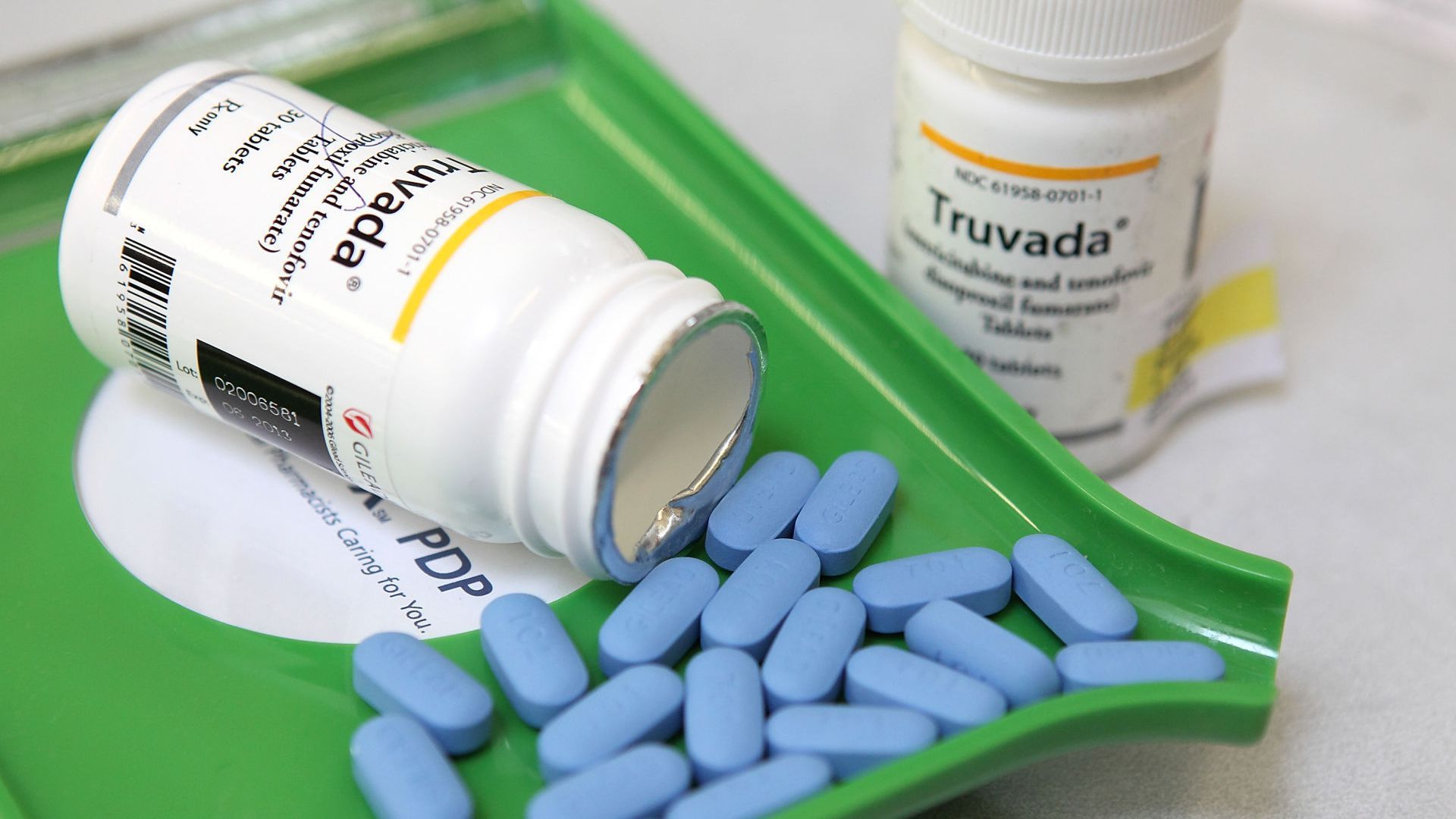Price of Antiretroviral Drugs in Ghana

Antiretroviral drugs, or ARVs for short, are a class of medication used to treat HIV/AIDS. These drugs work by inhibiting the replication of the virus, which helps to slow or even stop the progression of the disease. While there is currently no cure for HIV/AIDS, the use of ARVs has been instrumental in improving the quality and length of life for those living with the virus.
The use of ARVs has been shown to be highly effective in reducing the levels of HIV in the bloodstream, which in turn can help to prevent the transmission of the virus to others. In fact, studies have shown that individuals who are on ARV therapy and have an undetectable viral load are much less likely to transmit the virus than those who are not on medication.
- Antiretroviral drugs help to suppress the virus
- Antiretroviral drugs increase life expectancy
- Antiretroviral drugs prevent mother-to-child transmission
- Antiretroviral drugs reduce the risk of transmission
- Antiretroviral drugs improve the overall health of people living with HIV/AIDS
Currently, there are eight FDA-approved NRTIs: Currently in Ghana, the Food and drugs board has approved 8 anti-retroviral drugs to be used in the country. They are:
- abacavir (ABC, Ziagen)
- didanosine (ddI, Videx)
- emtricitabine (FTC, Emtriva)
- lamivudine (3TC, Epivir)
- stavudine (d4T, Zerit)
- zalcitabine (ddC, Hivid)
- zidovudine (AZT, Retrovir)
- tenofovir disoprovil fumarate (TDF, Viread).
In Ghana, the monthly cost of Antiretroviral per patient is around GHS 300. In some cases, patients are made to pay a consultation fee of around GHS 50. Total patient expenditure on Antiretroviral could rise to GHS 550, depending on how far the patients had to travel to get to the nearest Antiretroviral center and how long they had to wait at the center.
1. Research and development costs
The pharmaceutical companies that develop these drugs must conduct extensive research and clinical trials to ensure the safety and efficacy of the drugs. The cost of this research and development is often passed on to consumers in the form of higher drug prices.
2. Patents and intellectual property rights
Pharmaceutical companies hold patents and intellectual property rights for their antiretroviral drugs, which gives them exclusive rights to manufacture and distribute the drugs. These patents can last up to 20 years, which means that generic versions of the drugs cannot be produced until the patent expires. During this time, pharmaceutical companies can charge whatever price they want for their drugs, which often leads to inflated prices.
3. Supply and demand
The demand for antiretroviral drugs has increased significantly over the years as more people are being diagnosed with HIV/AIDS. However, the supply of these drugs has not kept up with the demand, which has led to shortages and increased prices. The limited supply has also created a competitive market, which allows pharmaceutical companies to charge higher prices for their drugs.
- Advertisement -
4. Government regulations
The FDA requires pharmaceutical companies to conduct extensive testing and clinical trials before a drug can be approved for use. These requirements can increase the cost of developing and manufacturing the drugs, which is ultimately passed on to consumers.
5. Insurance coverage
Some insurance plans may cover the full cost of the drug, while others may require patients to pay a significant portion of the cost out of pocket. This can create a financial burden for patients who need these drugs to manage their HIV/AIDS.
Antiretroviral therapy keeps HIV from making copies of itself. When a person living with HIV begins an antiretroviral treatment regimen, their viral load drops. For almost everyone who starts taking their HIV medication daily as prescribed, viral load will drop to an undetectable level in six months or less
Conclusion
Antiretroviral drugs in Ghana are high and that has made it a major challenge for people living with HIV/AIDS in the country. The government and other stakeholders try their best to make it affordable but despite the trial, most Ghanaians still struggle to buy them. It is crucial for all concerned parties to continue working towards finding sustainable solutions to ensure that everyone living with HIV/AIDS has access to affordable and quality antiretroviral drugs. If that is achieved, we can hope to achieve the goal of ending the HIV/AIDS breakout in Ghana.


